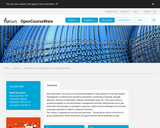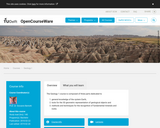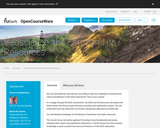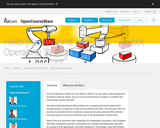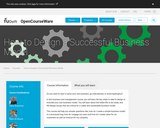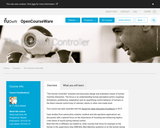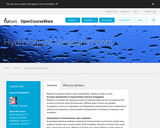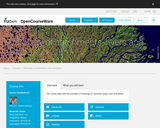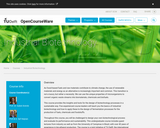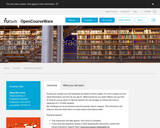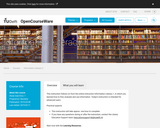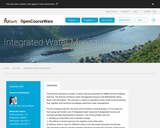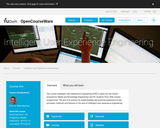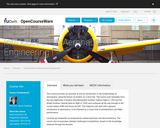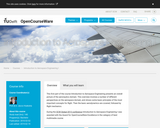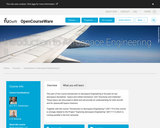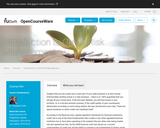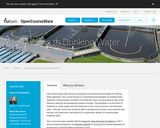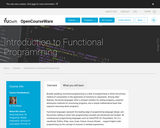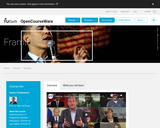
Is a good, solid argument enough to make an impact? How would your data improve the stance that man-made global warming is just an “opinion”? How would you explain your opinion on school tests, budget cuts, crime, immigration, safety and security issues? No doubt that your persuasiveness relies on your arguments. But your ability to influence and convince critically depends on the way you frame your message.
In today’s world, you often need to reduce a complex reality to a concise and convincing message. Framing is an approach that deals with the way we convey our message: our words, images, and metaphors. To take one basic characteristic, a good frame engages the listeners’ values and emotions – it is easy to remember and it is something that people will usually agree with intuitively.
When you enter into a debate, you might be faced with frames of your opponents – and you will have to reframe the debate. This game of framing and reframing makes the debate to look like a chessboard made out of words. Of course, politicians play this game, trying to pull the debate towards their own words and metaphors in order to win their audience. But the game can be found everywhere: in the world of business, science, media – even at home.
We invite you to join our journey of learning the game of framing and reframing. You will discover how this game is played, and how you can play it yourself.
This course suits people who are engaged with and interested in public and political debates. Not only people from the public sector will find it useful, but also engineers, consultants, managers and anyone who wants to make an impact in discussions and debates.
- Subject:
- Business and Finance
- Material Type:
- Full Course
- Provider:
- Delft University of Technology
- Provider Set:
- Delft University OpenCourseWare
- Author:
- Prof.dr. H. de Bruijn
- Date Added:
- 05/22/2019
